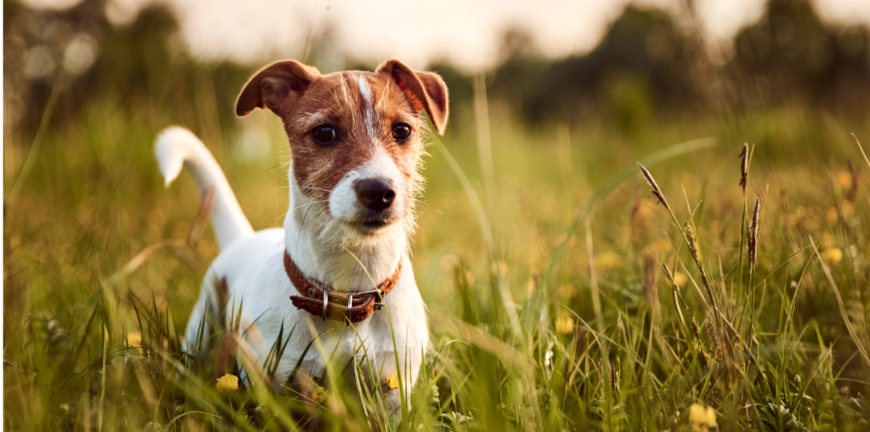February 10, 2023

Giardia
What is Giardia?
Giardia is a protozoal intestinal parasite. Pets pick up the parasite in the environment. Giardia cysts (eggs) survive well in soil and water and thrive in cool, moist conditions. Our pets can get giardia by drinking standing water (such as puddles & small ponds), eating other animals’ stool, or licking it off their fur after walking through something contaminated with giardia. In Bend, we see a lot of dogs with giardia. Most likely this is due to the large number of dogs socializing with other dogs as well as all the wildlife in the area.
What are the symptoms of Giardia?
Symptoms can vary greatly. Some pets will get sick and have diarrhea, decreased appetite, and vomiting. Other pets will have soft stool, stool with mucus, or even intermittent changes to the stool. There are pets who will have no symptoms at all.
How is Giardia diagnosed?
It is diagnosed by a fecal test. A fecal test can be performed if you bring your pets’ stool into your veterinary clinic (a lot of veterinary clinics send the stool out to a lab for fecal testing). If your pet has a significant infection, then giardia cysts will be seen. Often a giardia ELISA test is also performed which checks for the presence of an antigen (or exposure) to giardia.
Is there a treatment for Giardia?
Yes, there is treatment. Some pets will require multiple rounds of medication to clear the infection. This is especially common in puppies and kittens. Treatment options include Metronidazole or Fenbendazole, sometimes both. Medications are only 67% effective at clearing Giardia. Pets with a healthy immune system are more resistant to Giardia and will sometimes clear the infection on their own. Young, senior, and immuno-compromised pets are more susceptible and have a harder time clearing the infection. We often put pets with Giardia on a probiotic to help support a healthy digestive tract.
Is Giardia contagious?
Giardia is contagious from dog to dog, so if you have other dogs in your household or that your pet frequently interacts with, they should have a fecal test to see if they need treatment.
There are different strains of Giardia and though humans and cats can get Giardia too, they rarely get it from dogs because the strain commonly found in dogs does not infect humans. To be on the safe side, make sure to wash your hands before you eat – especially after handling your pet or cleaning up poop.
What do I do about the environment?
Because giardia cysts stick to dog fur, we recommend bathing your dog once weekly until the infection has cleared.
You should also pick up your dog’s poop immediately after they go to minimize contamination of your yard or the environment. This can reduce the chance of reinfection for your pet.
Cysts are killed in the environment by freezing temperatures or direct sunlight. Organic material (such as soil, vegetation or stool) will shield cysts making decontamination difficult or impossible in natural environments. Household cleaners will kill Giardia on hard surfaces. Quaternary ammonia compounds are most effective. Washing is effective for bedding or clothing.
For additional information you can also visit veterinarypartner.com (https://veterinarypartner.vin.com/default.aspx?pid=19239&id=4952529)
If you have questions, please feel free to contact us at Pawtown Veterinary Care.